SOCIAL PSYCHOLOGY 14TH EDITION By NYLA R. BRANSCOMBE – Test Bank
TB_Baron_Chapter 4
Key: Answer, Page, Type, Learning Objective, Level
Type
A=Applied
C=Conceptual
F=Factual
Level
(1)=Easy; (2)=Moderate; (3)=Difficult
LO=Learning Objective
SG=Used in Study Guide
p=page
TB_Baron_Chapter 4
Multiple Choice Single Select
M/C Question 1
Participants in one study wore digital audio recorders. Research assistants coded the sounds and compared the coded behaviors to the participants’ self-reports of behavior. Friends of the participants also made ratings of behavior frequencies. The findings show that
- participants were most accurate at predicting their own behaviors.
- friends were most accurate at predicting participant behaviors.
- for some behaviors, the participants were more accurate and for other behaviors, friends were more accurate.
- there was not relationship between the participants’ self-reports and their behaviors.
ANS: c
Skill=Understand, Objective=4.1: Compare the way we manage ourselves in different social situations to how others perceive us, Topic=4.1: Self-Presentation: Managing the Self in Different Social Contexts, Difficulty=Medium
M/C Question 2
In meeting a new roommate, David stresses his studious qualities, an aspect of himself he wishes others to agree with while being willing to underplay other potentially important aspects of himself. David is practicing a(n) ________ approach in presenting himself to others.
- self-verification
- ingratiation
- self-enhancement
- self-denial
ANS: a
Skill=Apply, Objective=4.1: Compare the way we manage ourselves in different social situations to how others perceive us, Topic=4.1: Self-Presentation: Managing the Self in Different Social Contexts, Difficulty=Medium
M/C Question 3
When thinking about a bad or happy event and predicting our future level of happiness, we tend to ________.
- neglect all the other factors that will contribute to our future state of mind over time
- assume the bad or happy event will change us in some meaningful way
- assume others will view us differently as the result of some bad or happy event
- underplay the fact that a bad or happy event will likely change us in meaningful ways
ANS: a
Skill=Understand, Objective=4.2: Explain how we arrive at an understanding of our own selves, Topic=4.2: Self-Knowledge: Determining Who We Are, Difficulty=Easy
M/C Question 4
Introspection is an effective means of understanding ourselves when the ________.
- focus is on unconscious affective factors
- individual displays an introverted personality configuration
- the individual is attempting to predict future feelings about something
- focus is on a conscious decision-making process
ANS: d
Skill=Understand, Objective=4.2: Explain how we arrive at an understanding of our own selves, Topic=4.2: Self-Knowledge: Determining Who We Are, Difficulty=Easy
M/C Question 5
Having been given acting lessons to either 1) try to feel as if you are 14 years old at dinner with family, or 2) put on a performance so you will seem to others as if you’re 14 years old at dinner with family, participants in acting condition ________ were more likely to see themselves as having ________.
- 2; more consistent traits
- 1; more consistent traits
- 2; few consistent traits
- 1; greater emotional range
ANS: a
Skill=Apply, Objective=4.2: Explain how we arrive at an understanding of our own selves, Topic=4.2: Self-Knowledge: Determining Who We Are, Difficulty=Medium
M/C Question 6
Chris describes himself as liberal when thinking of himself as an American, but conservative when compared to other college students. These are ________ comparisons.
- intragroup
- intergroup
- shifting standards
- individualistic
ANS: a
Skill=Apply, Objective=4.3: Use the personal-versus-social identity continuum to understand how different identities affect our behavior, Topic=4.3: Personal Versus Social Identity, Difficulty=Medium
M/C Question 7
When Jeremy was recently asked to describe himself to his classmates, he spoke about being a member of the football team and how this helped to make his experiences different from those of other students in the class. Jeremy was primarily making ________ comparisons.
- extra group
- intergroup
- individual
- intragroup
ANS: b
Skill=Apply, Objective=4.3: Use the personal-versus-social identity continuum to understand how different identities affect our behavior, Topic=4.3: Personal Versus Social Identity, Difficulty=Medium
M/C Question 8
People’s personal identities, and their various social identities, require them to be different people in different contexts. This results in________.
- people have false selves depending on the context
- people often operate from a less-than-principled position
- others defining too much of who we are
- a potentially variable but coherent self-definition
ANS: d
Skill=Understand, Objective=4.3: Use the personal-versus-social identity continuum to understand how different identities affect our behavior, Topic=4.3: Personal Versus Social Identity, Difficulty=Easy


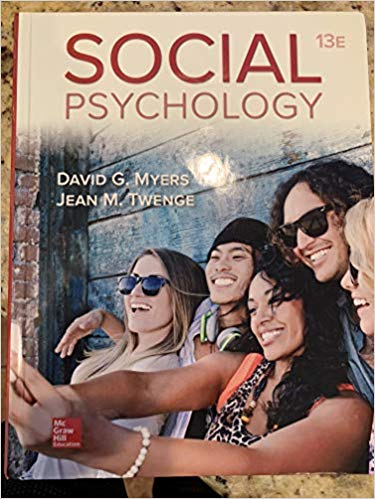
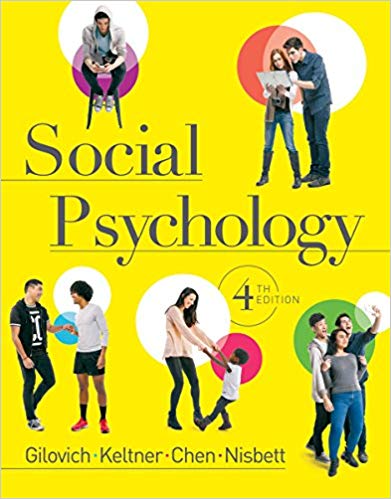


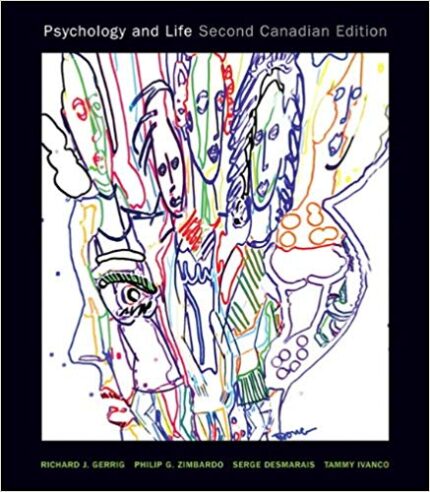
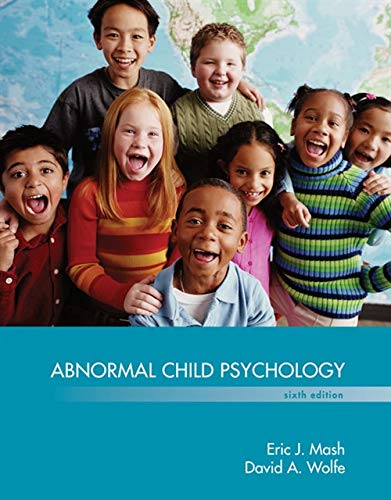

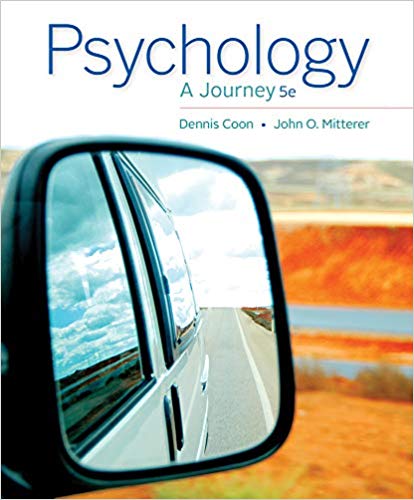


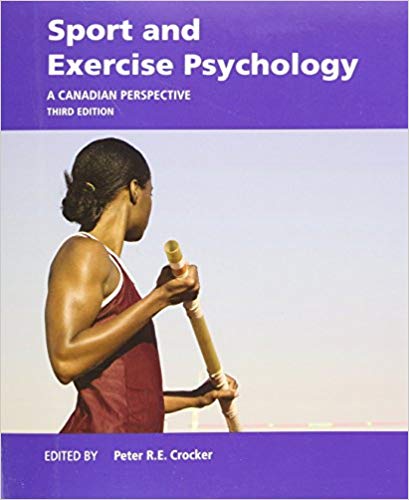
Reviews
There are no reviews yet.